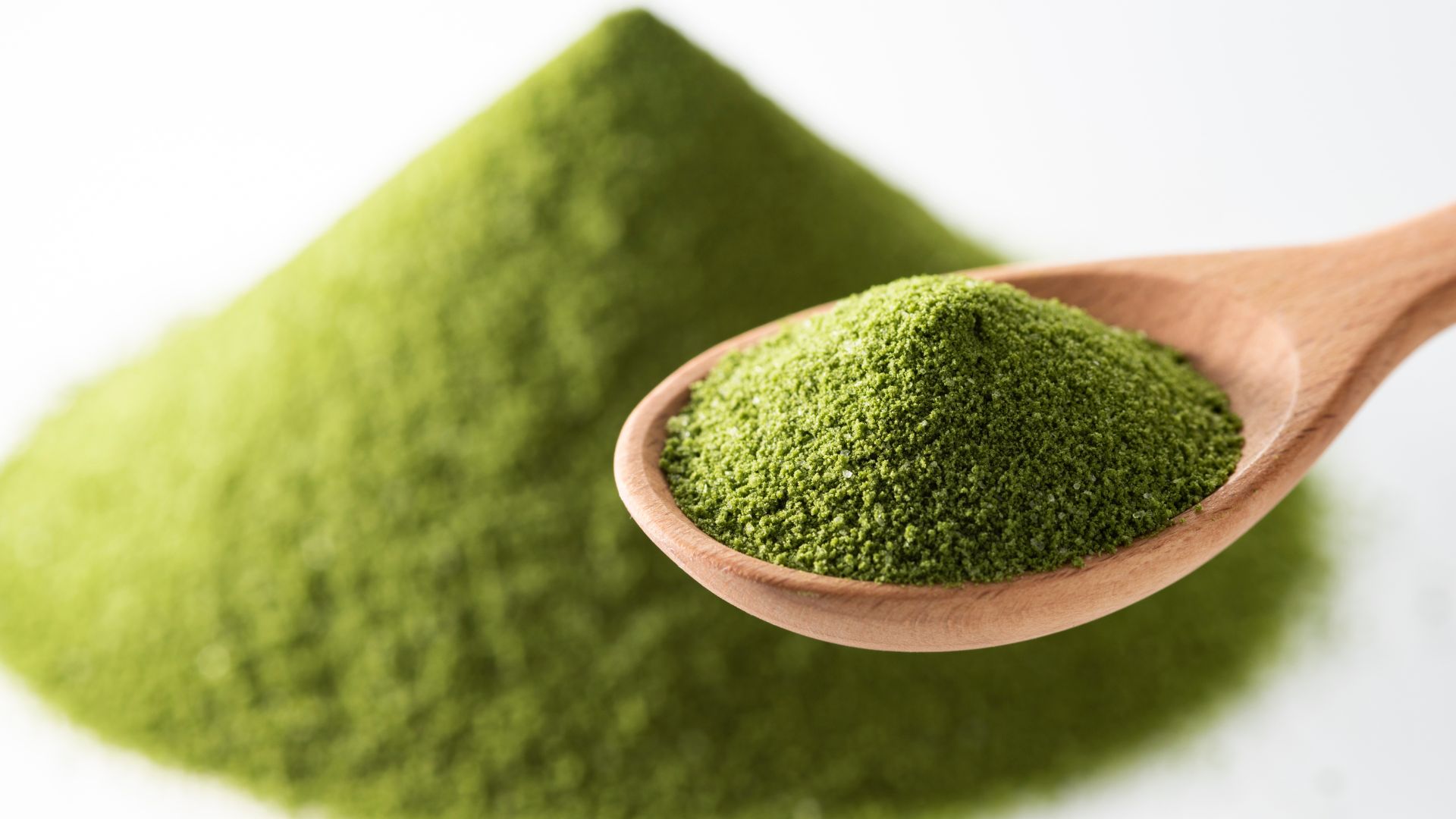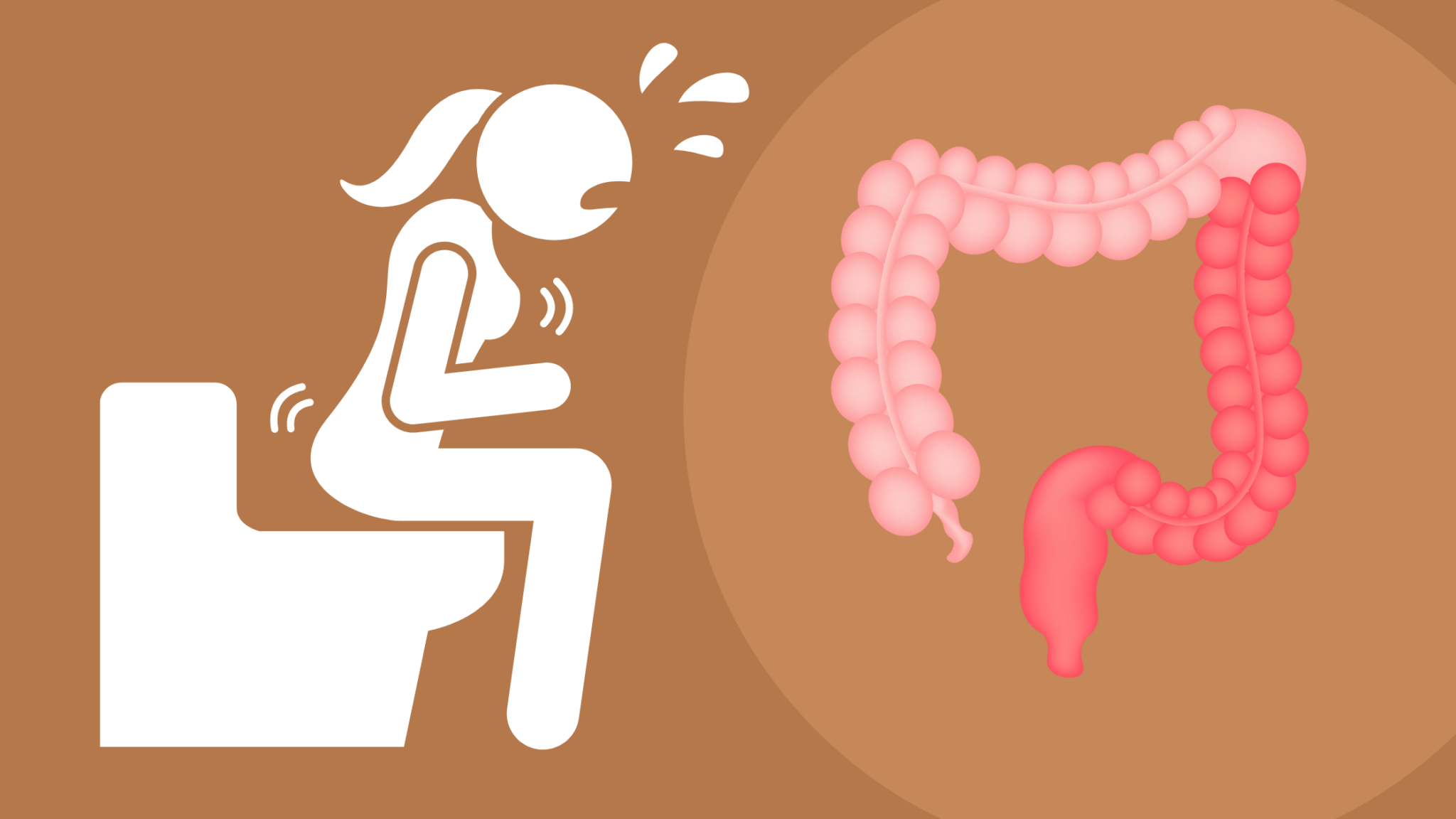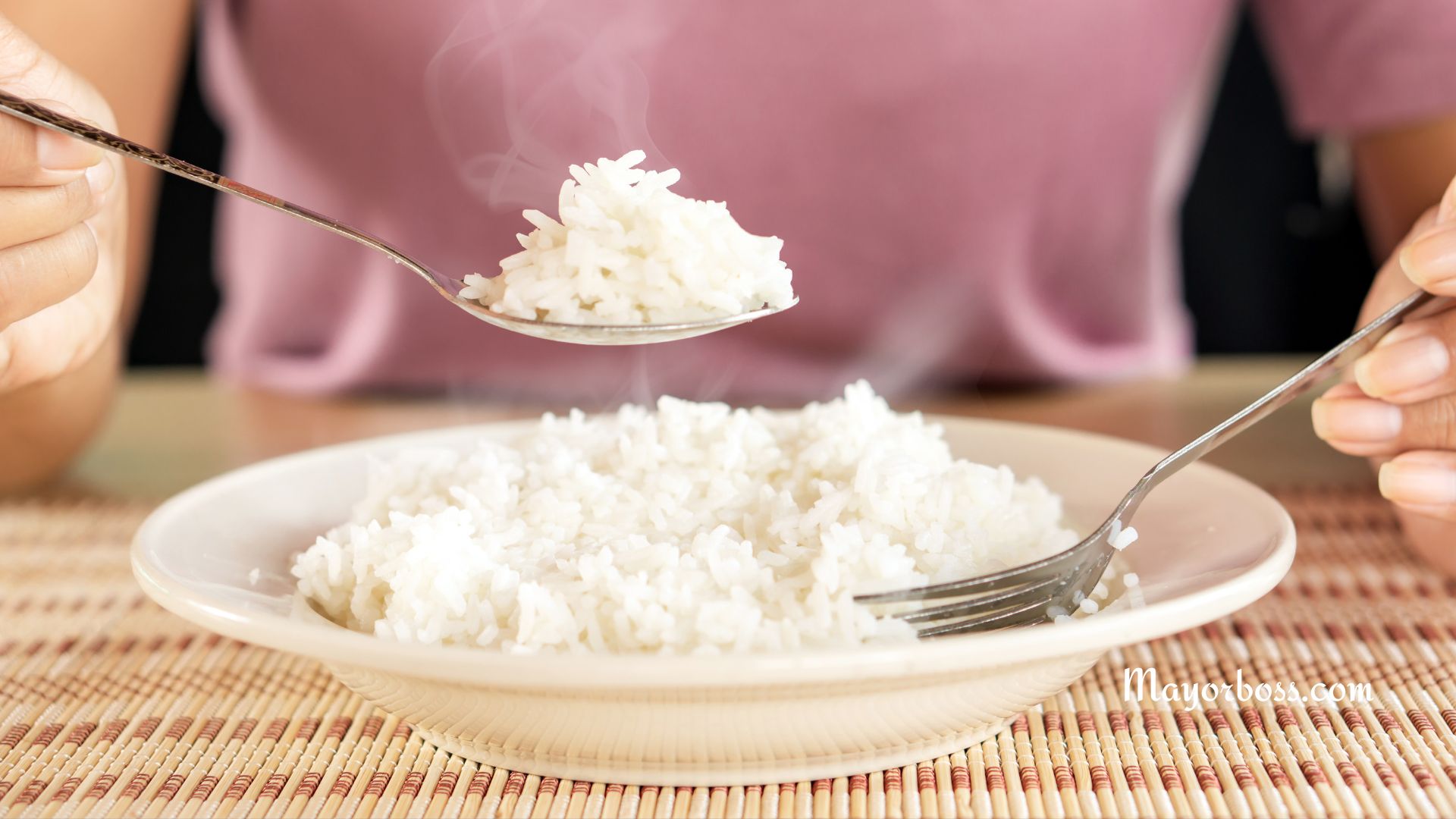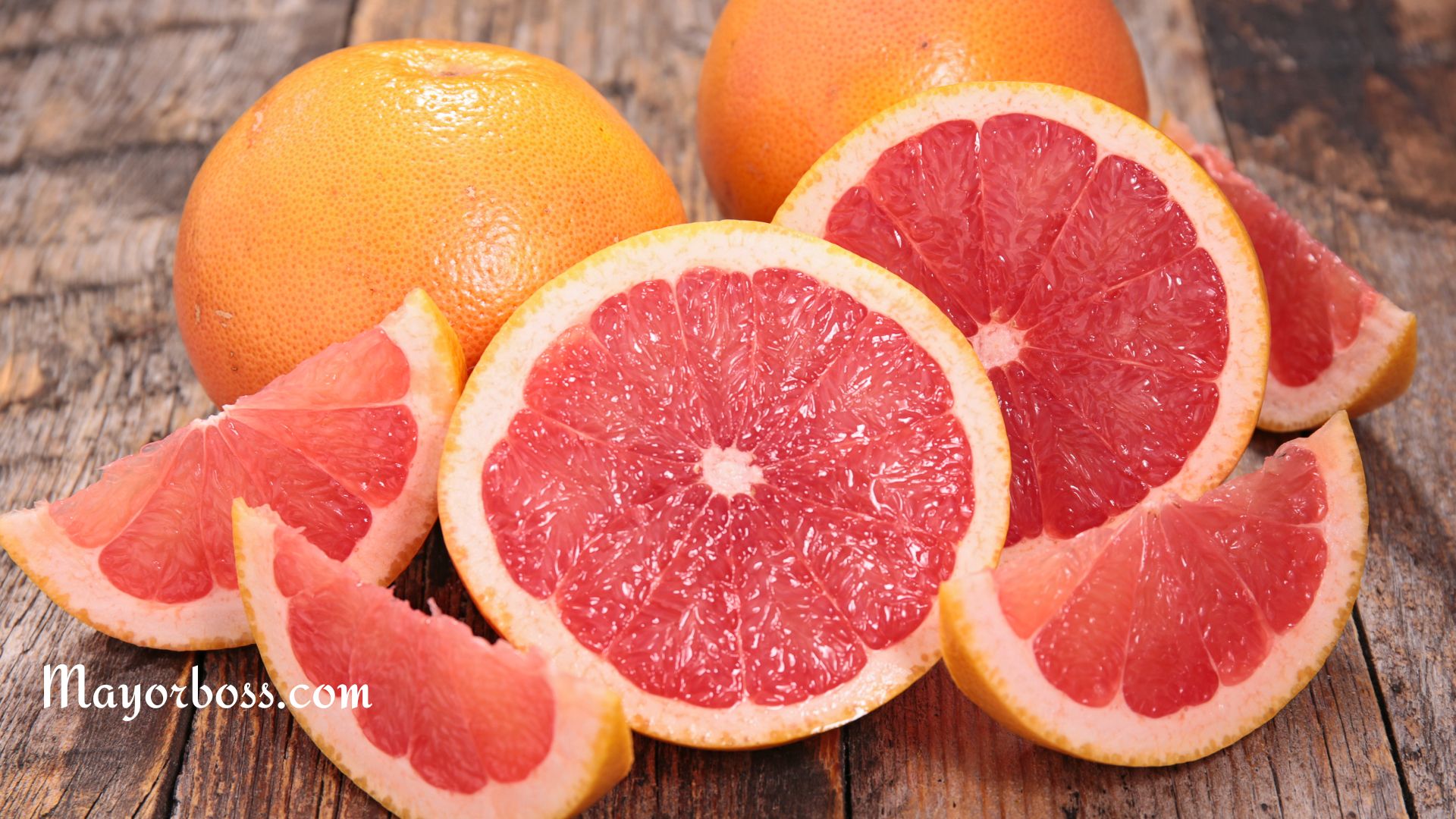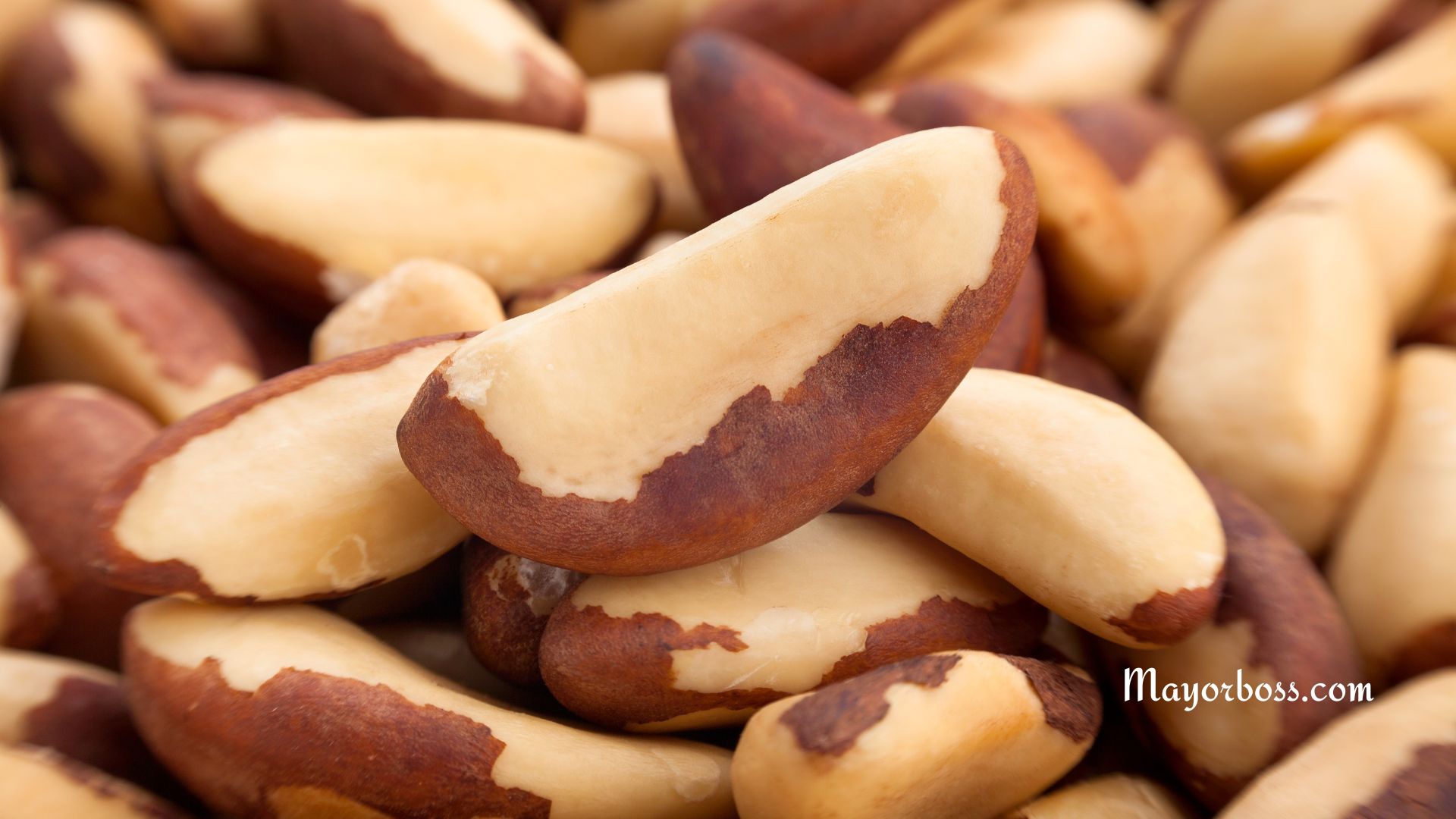The Best Vitamin C Foods: Top 25 List
Vitamin C is an important nutrient that helps keep our immune system functioning properly. It also aids in the production of collagen, which is a protein that helps keep our skin looking young and healthy.
While there are many supplements on the market that claim to offer high levels of vitamin C, there’s nothing better than getting your nutrients from whole foods.
Here are the 25 best foods that are high in vitamin C
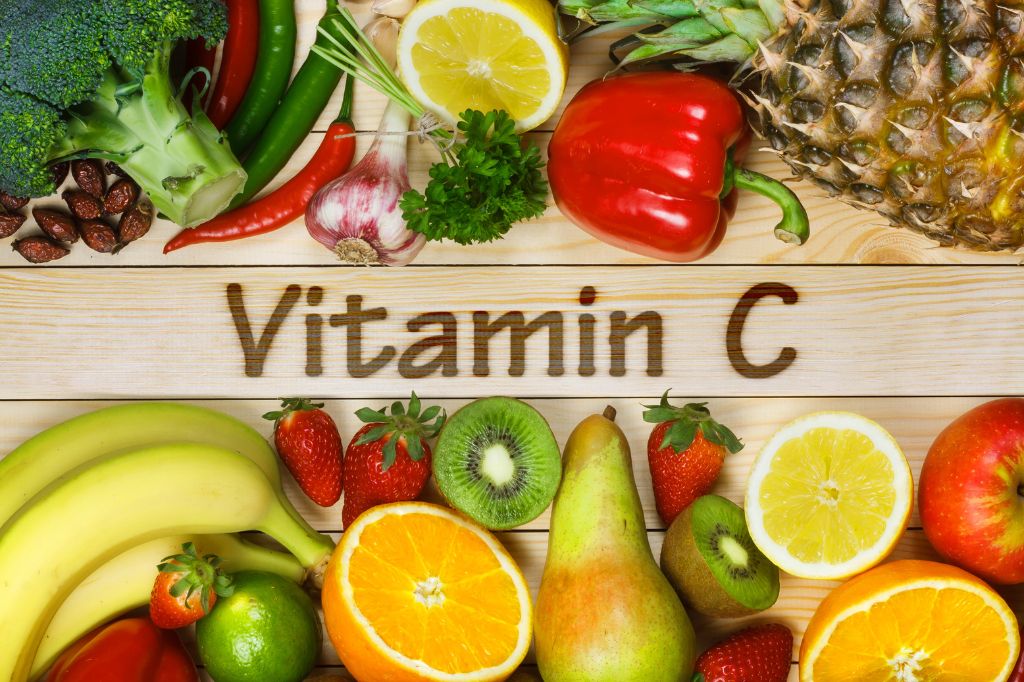
- Acerola cherries – half a cup: 825 mg (916 percent DV)
- Sweet yellow peppers – 1 large: 342 mg (380 percent DV)
- Guava – 1 cup: 377 mg (419 percent DV)
- Mustard spinach – 1 cup of raw: 195 mg (217 percent DV)
- Green chili peppers – 1 large: 109 mg (121 percent DV)
- Kiwifruit – 1 medium: 56 mg (62 percent DV)
- Orange – 1 large: 98 mg (163 percent DV)
- Blackcurrants – half cup: 103 mg (115 percent DV)
- Strawberries – 1 cup: 89 mg (149 percent DV)
- Papaya – 1 cup: 88 mg (98 percent DV)
- Broccoli – 1 cup, raw: 81 mg (95 percent DV)
- Lemon – 1 fruit: 45 mg (50 percent DV)
- Kale – 1 cup, raw: 98 mg (163 percent DV)
- Parsley – 1 cup: 80 mg (133 percent DV)
- Brussels Sprouts – 1/2 cup, cooked: 48 mg (81 percent DV)
- Lychees – 1 cup: 72 mg (121 percent DV)
- Peas – 1 cup, cooked: 23 mg (38 percent DV)
- Mango – 1 cup: 46 mg (76 percent DV)
- Kakadu plums – 100 grams: 2,907 mg (484 percent DV)
- Cantaloupe – 1 cup: 58 mg (63 percent DV)
- Potato – 1 large: 73 mg (84 percent DV)
- Honeydew melon – 1 cup: 32 mg (53 percent DV)
- Pineapple – 1 cup: 79 mg (131 percent DV)
- Tomatoes – 1 cup, raw: 23 mg (38 percent DV)
- Rose hips – 100 grams: 426 mg (473 percent DV)
As you can see, there are plenty of delicious foods that are high in vitamin C. So, next time you’re looking to boost your intake of this important nutrient, be sure to reach for some of these foods instead of a supplement. Your body will thank you!
Frequently Asked Questions
What is vitamin C?
Vitamin C is a water-soluble nutrient that is found in many foods, including fruits and vegetables. It is also known as ascorbic acid.
What does vitamin C do for the body?
Vitamin C plays an important role in the body. It helps to:
- form collagen, which is important for healthy skin, bones, and blood vessels
- healing wounds
- reducing inflammation
- boosting the immune system
- absorbing iron from food
How much vitamin C should I be getting?
The amount of Vitamin C you need depends on your age, sex, and health status. The Recommended Dietary Allowance (RDA) for vitamin C is 90 mg/day for adult men and 75 mg/day for adult women. Smokers require 35 mg/day more than nonsmokers. Pregnant women should take 115-120 mg/day, and lactating women should take 120-200 mg/day.
What happens if I don’t get enough vitamin C?
If you don’t get enough vitamin C, you may develop a condition called scurvy. Symptoms of scurvy include:
- fatigue
- weakness
- muscle aches
- joint pain
- bleeding gums
- petechiae (tiny red dots on the skin)
Can I get too much vitamin C?
It is possible to get too much vitamin C from supplements, but it is very unlikely to happen from eating foods that contain vitamin C. The tolerable upper intake level (UL) — the highest daily intake that’s likely to pose no risks — for adults is 2,000 mg per day. Intakes above the UL may cause diarrhea, nausea, vomiting, abdominal pain, and heartburn.
In some people, high doses of vitamin C may lead to kidney stones. Some researchers believe that long-term use of high doses of vitamin C may contribute to atherosclerosis (hardening of the arteries). However, there is not enough evidence to say for sure whether this is true or not.
Where can I find Vitamin C?
Vitamin C is found in many fruits and vegetables, including oranges, grapefruits, strawberries, broccoli, kale, and potatoes (with the skin on). Fortified foods such as breakfast cereals and some juices also contain vitamin C.
You can also get your recommended daily intake of this nutrient by taking a supplement or by eating foods that have been enriched with Vitamin C, such as some processed meats and vegetable oils.
Are there any risks associated with taking a Vitamin C supplement?
While most people can safely take a Vitamin C supplement without any problems, there are a few exceptions. People who smoke or take medications such as beta-blockers or steroids should speak with their healthcare provider before taking a supplement since they may need more than the recommended amount of this nutrient.
In addition, people with certain medical conditions, such as kidney disease or hemochromatosis, should also speak with their doctor before taking a supplement since too much Vitamin C could worsen their condition.
Taking more than the recommended amount of this nutrient may also lead to gastrointestinal upset, such as diarrhea or nausea in some people, so it’s important to start with a lower dose and increase gradually as tolerated if you do decide to take a supplement.


